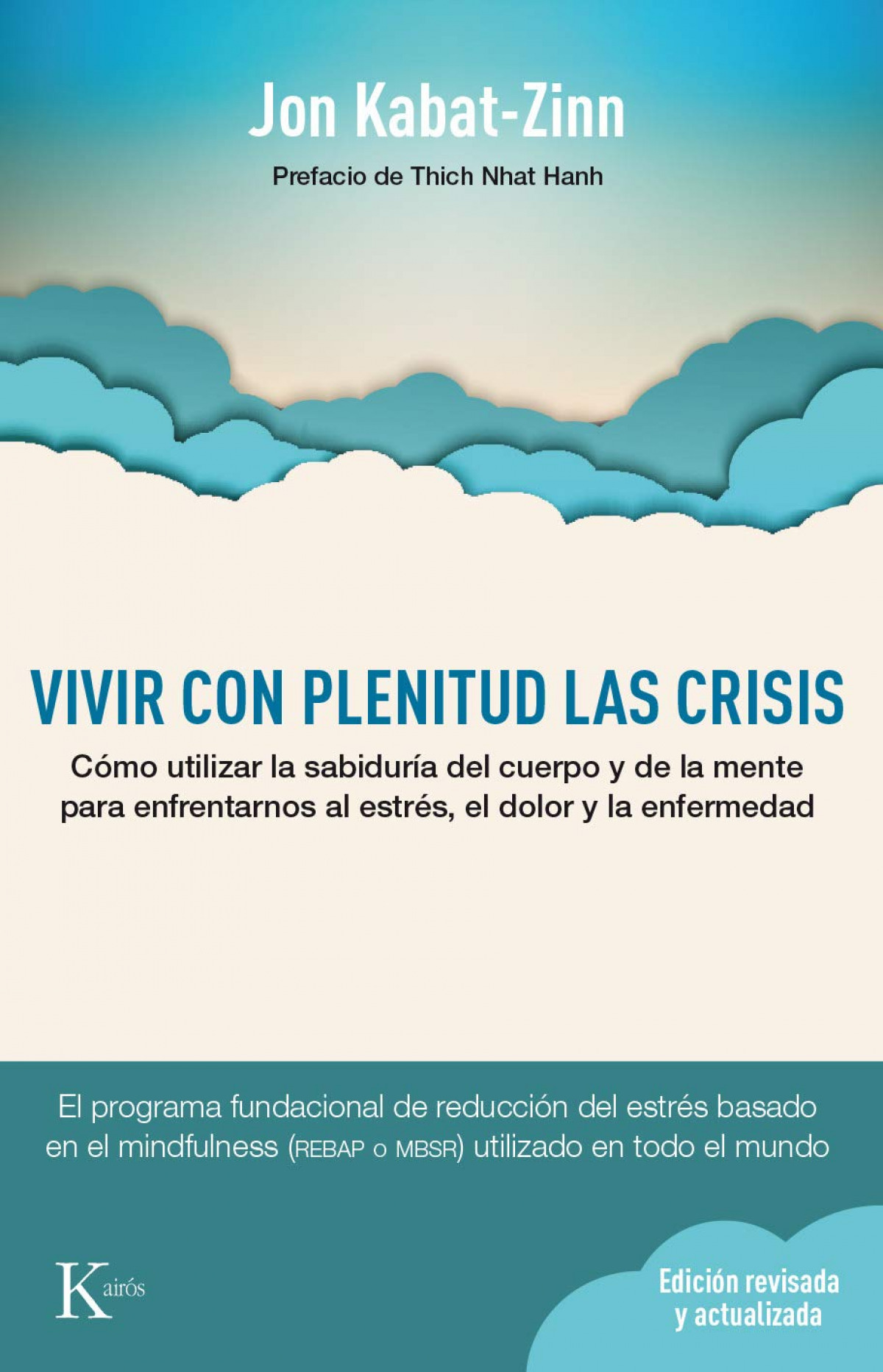Do you wake up every morning feeling tired and drained of energy? Do you struggle to get your day started and feel like you're wasting valuable time? Do you feel like your mornings aren't going the way you'd like? You're not alone! Many of us struggle to find enough energy in the morning or even feel like we wake up on the wrong foot and drag that feeling around all day.
But did you know that the way we start our day can make a difference in our productivity, well-being, and mood? What you do from the moment you open your eyes can greatly influence your mood, energy, and productivity. Today we want to show you some simple but effective tricks to turn your mornings into your favorite time of day.
Ready to change your routine and start your day like a champion?
The importance of a good night's sleep
Sleep isn't just a rest for your body; It's the time when your brain and body repair themselves, and it's essential for having a successful morning. During the night we go through several phases of sleep: light, deep and REM (rapid eye movement). These phases are essential for restoring your physical energy, consolidating your memory and regulating your emotions.
Poor sleep not only makes you feel tired, but it can also affect your concentration, your mood and even your long-term health. To sleep well, you need the right environment and habits that promote rest:
- Keep your bedroom dark and cool. Use blackout curtains and adjust the temperature so that it's comfortable.
- Establish a routine: Go to sleep and get up at the same time every day, even on weekends.
- Relax before bed: Practice relaxation techniques such as deep breathing or meditation.
- Avoid screens. The blue light from devices interferes with melatonin, the hormone that regulates sleep.
Ready to improve your rest? Try one of these tips tonight!

A "screen-free" morning routine
Waking up and looking at your phone is tempting, but it's not always the best option. The blue light from screens can confuse your brain into thinking it's nighttime. Plus, starting your day with notifications and social media can increase your stress and anxiety levels.
Dedicate the first few minutes of your day to yourself. You can do gentle stretches, meditate, or just sit quietly and enjoy the sunrise.
How about trying a more peaceful wake-up? Some ideas:
- Read a book. A few minutes of reading can be more inspiring than any amount of scrolling.
- Listen to soft music. Create a relaxing playlist to start your day in a good mood.
- Stretch. Simple morning stretches can help wake up your body.
Give your mind a break and start your day calmly.
Make hydration a priority
After hours without drinking water, your body needs to rehydrate. Drink a large glass of water when you wake up to rehydrate and kick-start your metabolism. You can add lemon or a few slices of cucumber for a refreshing twist. Drinking a glass of water when you wake up helps to:
- Improve your concentration.
- Kick-start your metabolism.
- Increase your energy.
If plain water doesn't excite you, try herbal teas. Ginger tea is great for digestion, while chamomile can give you a sense of calm.
Make hydration your first step every morning.

The magic of a balanced breakfast
A healthy breakfast gives you the energy you need to face the day. A good breakfast should include:
- Proteins: They help keep you fuller for longer.
Complex carbohydrates: They provide energy.

Get moving, even just a little
Physical activity in the morning increases energy, improves mood and reduces stress, and movement is essential to activate your body and mind. You don't need to go to the gym; even a few minutes of light activity can make a difference.
Try these exercises:
- Yoga stretches.
- A short walk outside.
- Jumping jacks or squats to get your heart rate up.
Getting moving in the morning releases endorphins, the happiness hormones, and improves your focus.
Positive Mindset as a First Step
The law of attraction suggests that our thoughts create our reality. A positive attitude attracts positive experiences. Practice gratitude, visualize your goals, and positive affirmations.
Take a few minutes to imagine what you want your day to be like. What goals do you want to achieve? How do you want to feel? Visualizing success can boost your confidence and motivation.
What positive thoughts can you include in your morning?
Organization and planning
Spend a few minutes planning your day. Use techniques like the Pomodoro technique to increase your productivity. And if you still feel like your day is slipping away, try breaking your tasks into 25-minute blocks, followed by a short break. This improves your focus and helps you avoid procrastination.
You can find tools on the internet that will help you have a much better organized day.
- Todoist: To organize your tasks.
- Forest: To stay focused.
- Google Calendar: To plan your schedule.
Planning gives you clarity and reduces stress from the start.

Find a moment to be thankful
Gratitude is a powerful tool for increasing happiness. Take a few minutes to reflect on the good things in your life. You can keep a gratitude journal or simply express gratitude mentally.
Keep a journal and write down three things you are grateful for every morning. It can be small things like hot coffee or something big like support from your family.
What are three things you could be thankful for today?
Dress for success
The clothes we choose have a direct impact on our self-esteem and how others perceive us. Dressing in clothes that make you feel good can boost your confidence and motivation.
Here are some tips for choosing clothes that make you feel like you're ready for success:
- Choose clothes that flatter your figure and make you feel comfortable.
- Opt for clothes that combine comfort and style.
- Wear colors that make you happy.
- Don't dress to please others.
- Plan your outfit the night before to avoid stress in the morning.
Does your current outfit reflect how you want to feel today?

There is no perfect routine. The important thing is to find what works for you and adapt it to your needs. That's why we believe this guide offers you a solid foundation, but the most important thing is to adapt this routine to your own needs and preferences. Experiment with different activities and find what works best for you.
Transforming your mornings can be easier than you think. From sleeping better to moving your body and being grateful, every little change adds up. You don't have to implement all of these tricks at once; start with one and work your way up.
What's the first habit you're going to incorporate into your morning routine? What other tips would you add to this list? Share your experiences in the comments!















































Comentarios